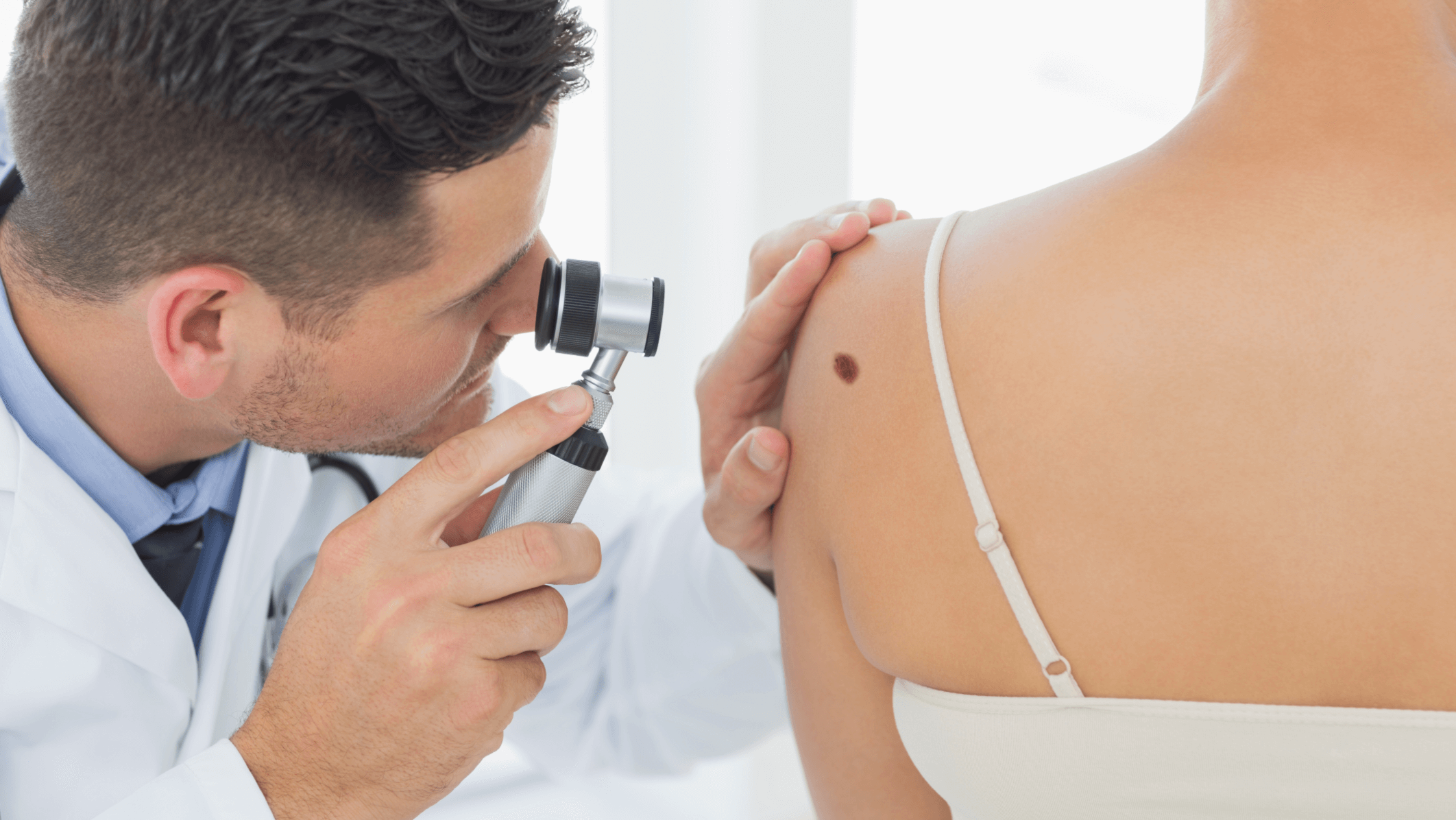Can A Virus Cause Skin Cancer?

Ultraviolet light exposure has always been in the forefront of our mind when it comes to skin cancer, but did you know that having exposure to Human Papillomavirus (HPV) can also increase your risk of skin cancer? It’s the last thing that you want to hear right now with all the “virus” talk going on but the way we see it, an ounce of prevention is worth a pound of cure!
The latest figures show that more than 80% of the population have been exposed to HPV at some point in their life. With nearly 45 million cases of HPV diagnosed in 2019 it is by far the most common sexually transmitted infection (STI). There are about 200 different known types of HPV, including a few sexually transmitted types that cause nearly 100% of cervical cancer in females.
In addition to cervical cancer, it has been found that untreated sexually transmitted HPV infections, or genital warts, can cause abnormal cell proliferation, leading to the development of cutaneous squamous cell carcinoma (SCC) in areas of exposure such as the genitalia or groin region in both male and female patients. Although these areas have likely not seen much UV light, it is the virus itself that can cause these abnormal changes inside the cell which can lead to cancer.
HPV, or genital warts, typically have a warty or cauliflower like texture. They can range in color from tan, brown, or even reddish. These lesions are typically asymptomatic. They are commonly found on the penis, pubic region, inguinal folds, and vaginal region. If you have been exposed to HPV, it is important to discuss this with your provider. There is no clear guidance yet regarding how a positive HPV test would influence the skin cancer screening protocol but this is good information to have as it can steer your provider to more closely check certain regions and monitor lesions.
Can we prevent this?
Gardasil, a vaccine against HPV, protects the recipient against 9 certain strains of HPV which are considered higher risk for cervical cancer. It is typically given to individuals prior to sexual exposure. It is estimated that the vaccine can prevent up to 90% of HPV related cancers.
While we are constantly learning more about the relationship between HPV and skin cancer, it is important recognize the associated risks and monitor these areas appropriately. Continue your routine skin cancer screenings! If something is new or changing, get it checked – even if it’s in an area that hasn’t seen much sun!
Give us a call at 215-361-3376 and schedule an appointment to be examined at our Lansdale, Pennsylvania office, or our Fort Washington, Pennsylvania office.
